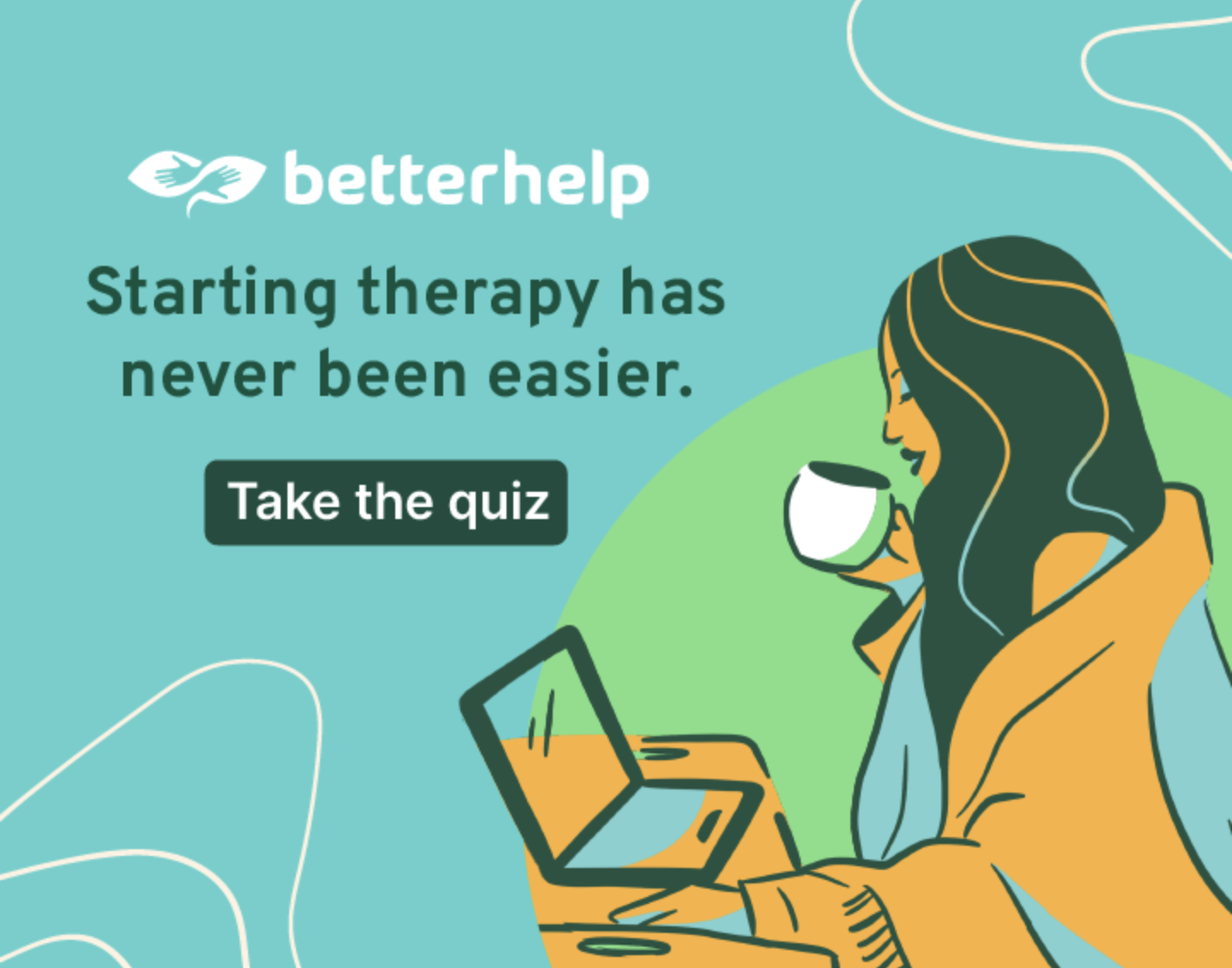View this post on Instagram
Are you blessed with a constant sense of feeling loved and supported no matter what, or have you always wondered what that’s like?
As soon as I started thinking about writing this article, the very notion that some of us need to be taught how to love ourselves unconditionally made me ache. Shouldn’t that be a natural and fundamental part of being?
But how many of us truly unapologetically love and accept ourselves unconditionally? Instead, we judge and criticize ourselves every day, stress ourselves trying to please other people, and feel guilty for enjoying life.
My biggest wish and longing in my teens and 20s was to be loved for who I was rather than what I looked like, the things I could do, or my potential. Yet it didn’t occur to me until my early 30s that I couldn’t provide it for anyone else, not even for myself.
While I was chasing that feeling, a feeling I believed would fill a void in my heart, I was told by many people that it was an elusive dream. I was told that unconditional love is the type of love only capable by parents for their children. That in the real world, people are only motivated by selfish endeavors, therefore all relationships are conditional, even the ones with ourselves. We have expectations of others and ourselves in establishing good relationships, achieving career goals, and reaching certain milestones in each phase of our lives. “Failing” ourselves means leading a disappointing life.
I felt devastated whenever I heard those types of comments. What if I didn’t receive that love from my parents? My parents didn’t know how to give me that gift because they did not receive it growing up. Would I forever be deprived of that love? And how could I cultivate that love for myself as an adult? Was I doomed to feel unloved for the rest of my life?
I realized one day that in order for me to flourish in the harsh conditions of the outside world successfully, I would need to have a stable, loving relationship with myself first. My inner child needed to feel at peace with the universe in order to heal and grow, and one day be able to pass on that love.
But where would I get a sample of that constant feed of unconditional love to know how it felt, and then integrate it to become a permanent part of me?
On such an abstract and outlandish pursuit, I went to a source none other than my vivid imagination. How would I like to feel and what would that look like in each and every moment of my life? In moments of despair, what kind of stability would I need in order to move forward without reservation? I had to dig deep. I wanted to recreate an experience of constant love, and to replace the existing unstable foundation of love that I had, permanently.
1. Identify and hold that feeling or impression
Take yourself on a trip down memory lane and find a moment in your life when you felt most loved, supported, and at peace, even if it was just for a split second. This may require a little patience and exploration. Don’t give up if you come up empty on the first try. There will always be a moment, no matter how fleeting, when you felt warm, valued, and loved.
Once you find that moment, close your eyes, hold that feeling, and allow it to radiate inside for as long as you can. Smile as you sink deeper into that warm and loving feeling. Make an impression to remember that feeling so you can bring it forth anytime you want to.
Decide that this is how you always want to feel and do this exercise whenever you need to tap into that feeling of love and support. Do it as often and as consistently as possible.
2. Allow yourself the space to make “mistakes”
Now that you’ve established how you want to feel all the time, recognize that it will always be there whenever you need it. This is when real, healthy, unlimited growth can take place.
In order to maintain that feeling and allow yourself the opportunity to grow freely, it is important to recognize the harsh self-talk that could bring you back down.
One of my biggest obstacles to growth was perfectionism. I grew up in an environment without much tolerance for mistakes. When I realized how it had prevented me from putting myself out there and taking risks, I also realized I needed to stop being so hard on myself. It’s the voices of others’ ridicule and criticisms that made me terrified of looking foolish, especially in front of others.
I started practicing the following self-talk:
>> It’s okay to make unintentional mistakes. You don’t have to be perfect.
>> Mistakes are not detrimental or permanent, as long as you take steps to resolve them.
>> Mistakes can often mean opportunities for new learning and growth.
3. Understand this healing journey is a gift to yourself and not everyone will be able to understand
When you feel supported by unconditional love and open yourself up to learn, grow, and make mistakes, you may also confuse a few people with your new way of being. Expect that there might be a few judgments and criticisms coming your way from people who don’t quite understand what is going on with you. If you are close to them, you may want to share with them your newfound practice and perspective.
Ultimately, this is a special period in which you have committed to supporting yourself more, increasing your capacity to receive love, and as a result, expanding your capacity to love others.
4. Be grateful for this experience and enjoy it unapologetically
Being able to recognize and support yourself through a journey of acquiring unconditional love is already an achievement in itself—in strength and self-awareness. Congratulations on arriving at a milestone and giving yourself the space to prepare for a much brighter future!
We often forget that not everyone in the world has the luxury to pause, reconnect, and recreate a new pattern of loving and being. This is truly a beautiful new beginning.
Give gratitude to your heart, your life, and the universe.










Read 0 comments and reply